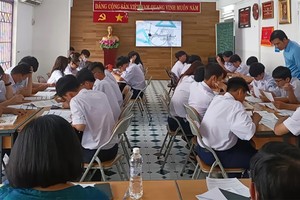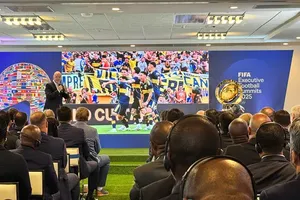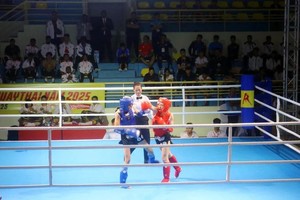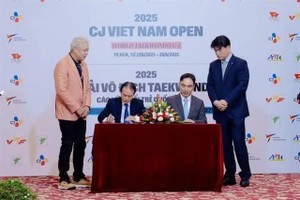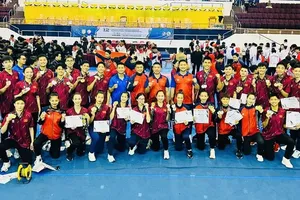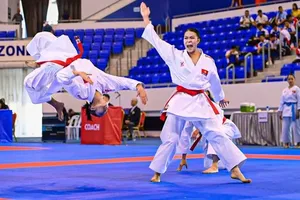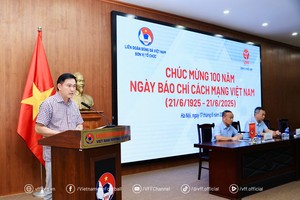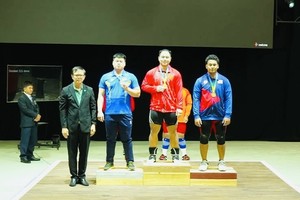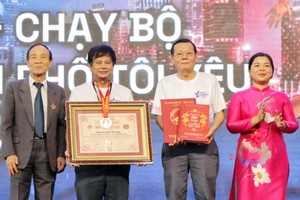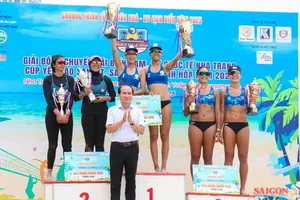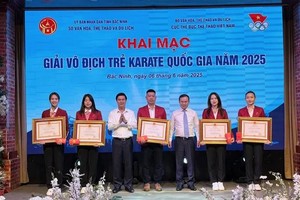KUALA LUMPUR, July 24, 2011 (AFP) - FIFA's life ban on Asia's football chief Mohamed bin Hammam for corruption was a "fair decision" ending the reign of a polarising figure within the game, a former top official said Sunday.
Peter Velappan, Asian Football Confederation (AFC) general secretary for 30 years, said many of the continent's members would welcome bin Hammam's punishment -- meted out for offering bribes for votes from FIFA members.
"It is a fair decision. Justice is done. There is no better alternative," he said.
"Now the whole world will know how Qatar won the hosting rights of the 2022 World Cup."
Bin Hammam, the 62-year-old head of the AFC, was instrumental in winning the bid for his tiny Gulf state.
Velappan left the AFC in 2007 after a public falling-out with bin Hammam, and the two have a long-standing rivalry.
On Saturday FIFA's ethic committee Bin Hammam banned the Qatari from all football-related activity at national or international level after being found guilty of graft during the ruling body's presidential elections in June.
He had been accused of trying to buy votes with $40,000 cash gifts to Caribbean football officials.
Velappan said he disagreed with the AFC's acting president Zhang Jilong who described FIFA's decision as a "sad day" for the sport.
"It is the best news for Asian football and FIFA. I think most AFC members would be happy. It will be damaging for Asia to have a corrupted leader," he said.
"I have worked with bin Hammam. He totally polarised the Asian football family and marginalised big players like Japan, South Korea and Saudi Arabia."
Velappan said he expected the AFC's 46 member countries to vote for a new president within three months as stipulated by its constitution.
"The AFC must redeem its image and battle the huge challenges Asia faces especially against corruption among officers and match-fixing which is rampant in most countries," he said.
In June a Singaporean and two Malaysian coaches were charged with match-fixing in connection with a national football tournament.
FIFA has singled out Malaysia and Singapore as centres of match-fixing, while teams in China, Thailand and South Korea have also been associated with the throwing games.
Zhang, the favourite to succeed bin Hammam in the AFC hot-seat, said that the controversy had come at a terrible time for the Asian game.
"This is a difficult period for us because Asian football is currently facing multiple challenges, the biggest of which is match-fixing," he added.
"I, in my capacity as the acting AFC President, am aware of the urgent need to provide a strong leadership that will work closely with the Member Associations towards creating a climate of trust and confidence."
